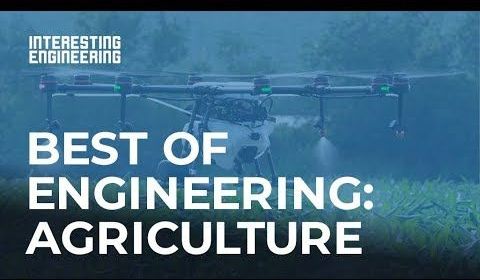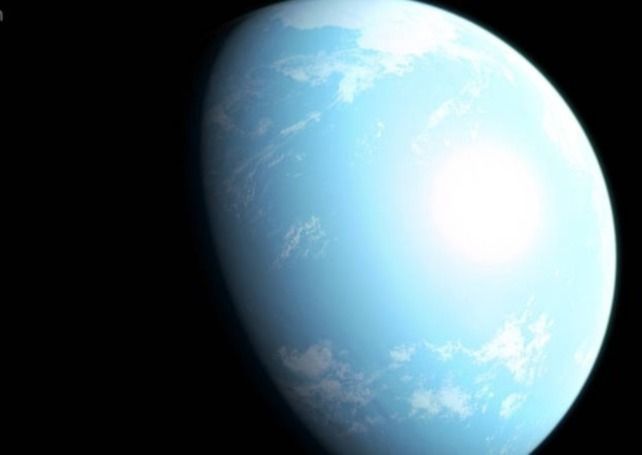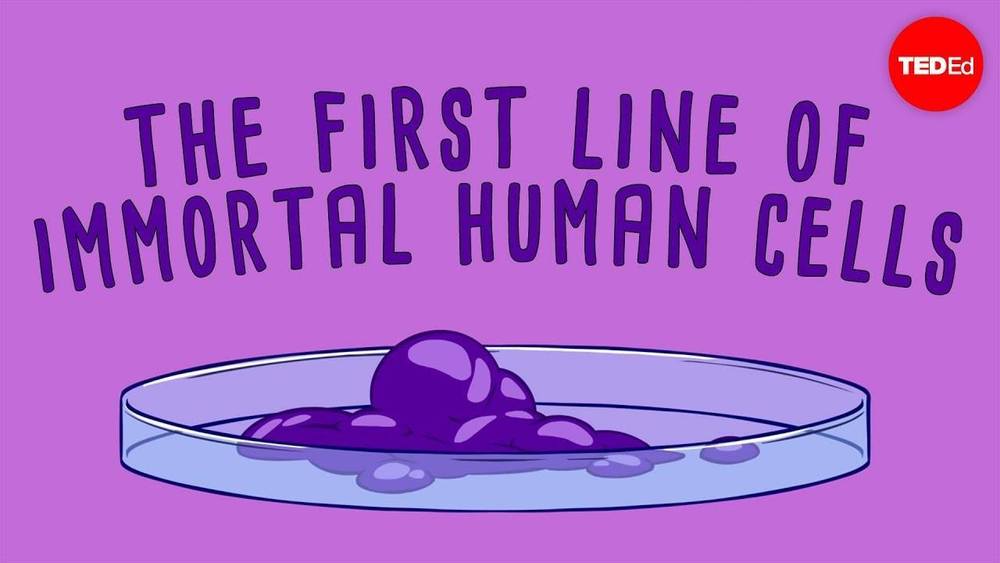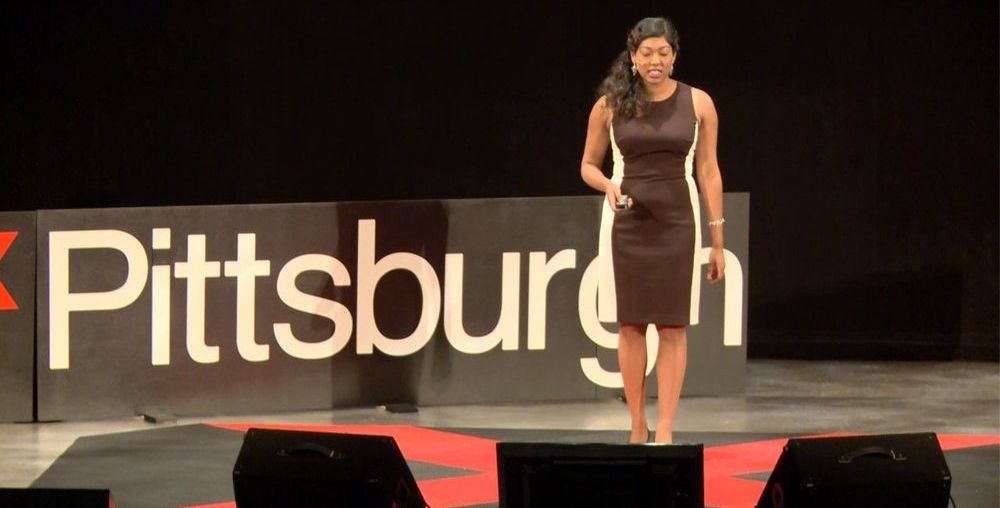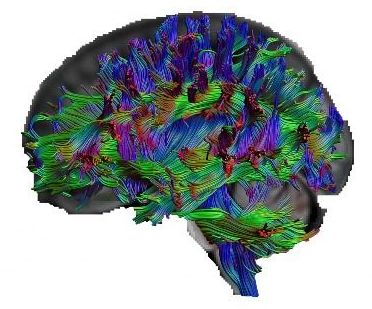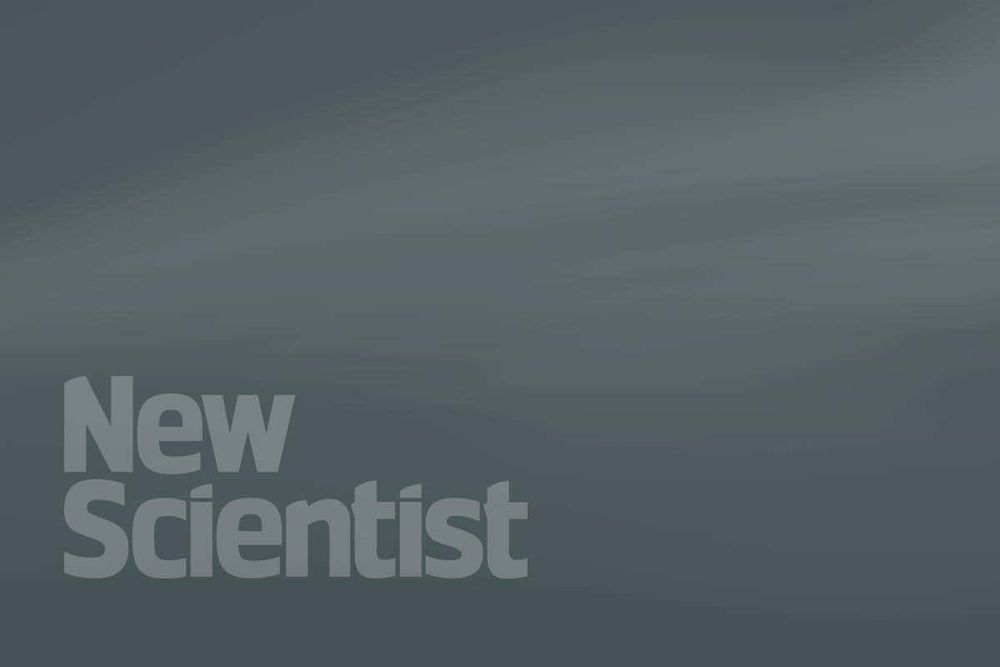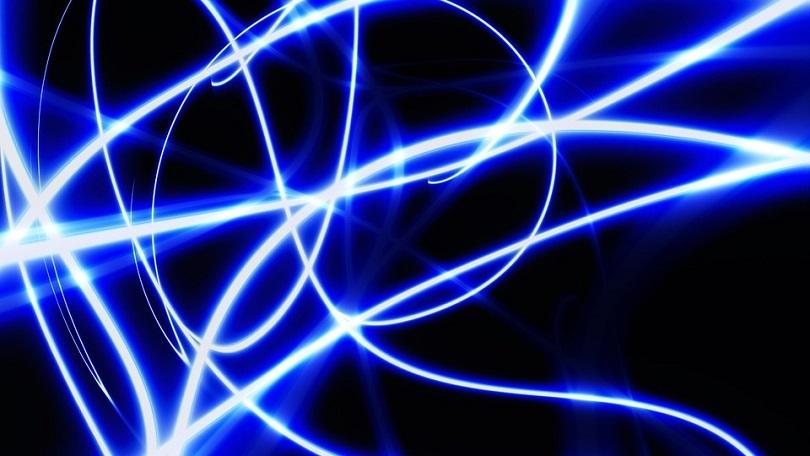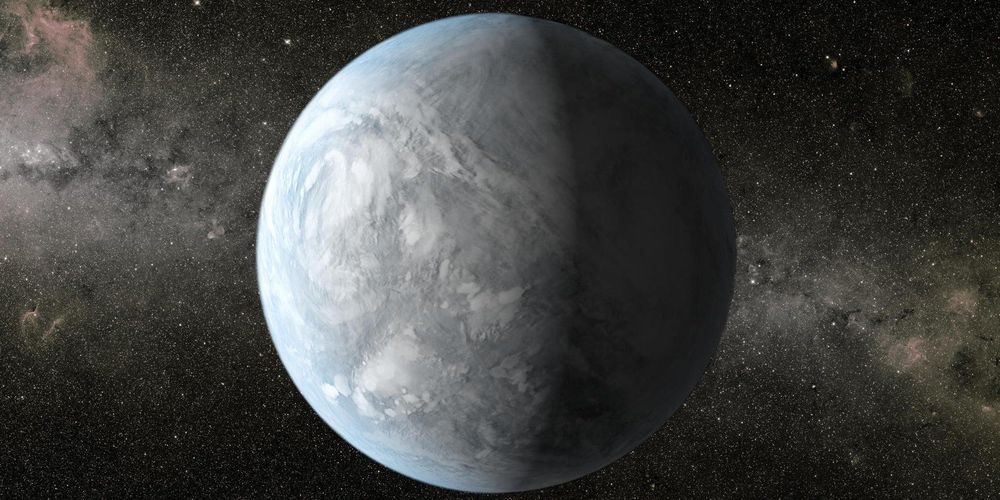Aug 2, 2019
7 Amazing Agriculture Technologies
Posted by Gerard Bain in categories: food, robotics/AI, sustainability
Agricultural Revolution is one of the milestones of today’s civilization. It was driven by technological innovations and inventions thousands of years ago, and it is still a very crucial part of our species’ social construct. Engineers are developing tools and machines to make farmers’ job a lot easier by technologies like automation for sustainable productivity. Here are 7 innovative ways the technology is used for agriculture.
Facebook: http://facebook.com/interestingengineering
Twitter: http://twitter.com/intengineering
Instagram: http://instagram.com/interestingengineering
Linkedin: http://linkedin.com/company/10070590
